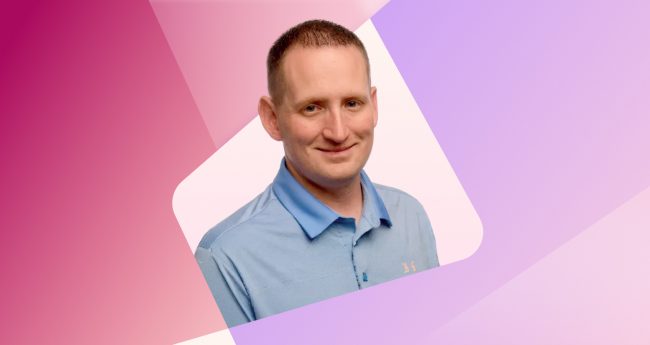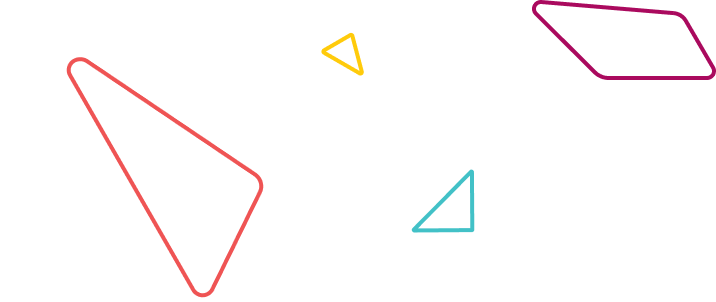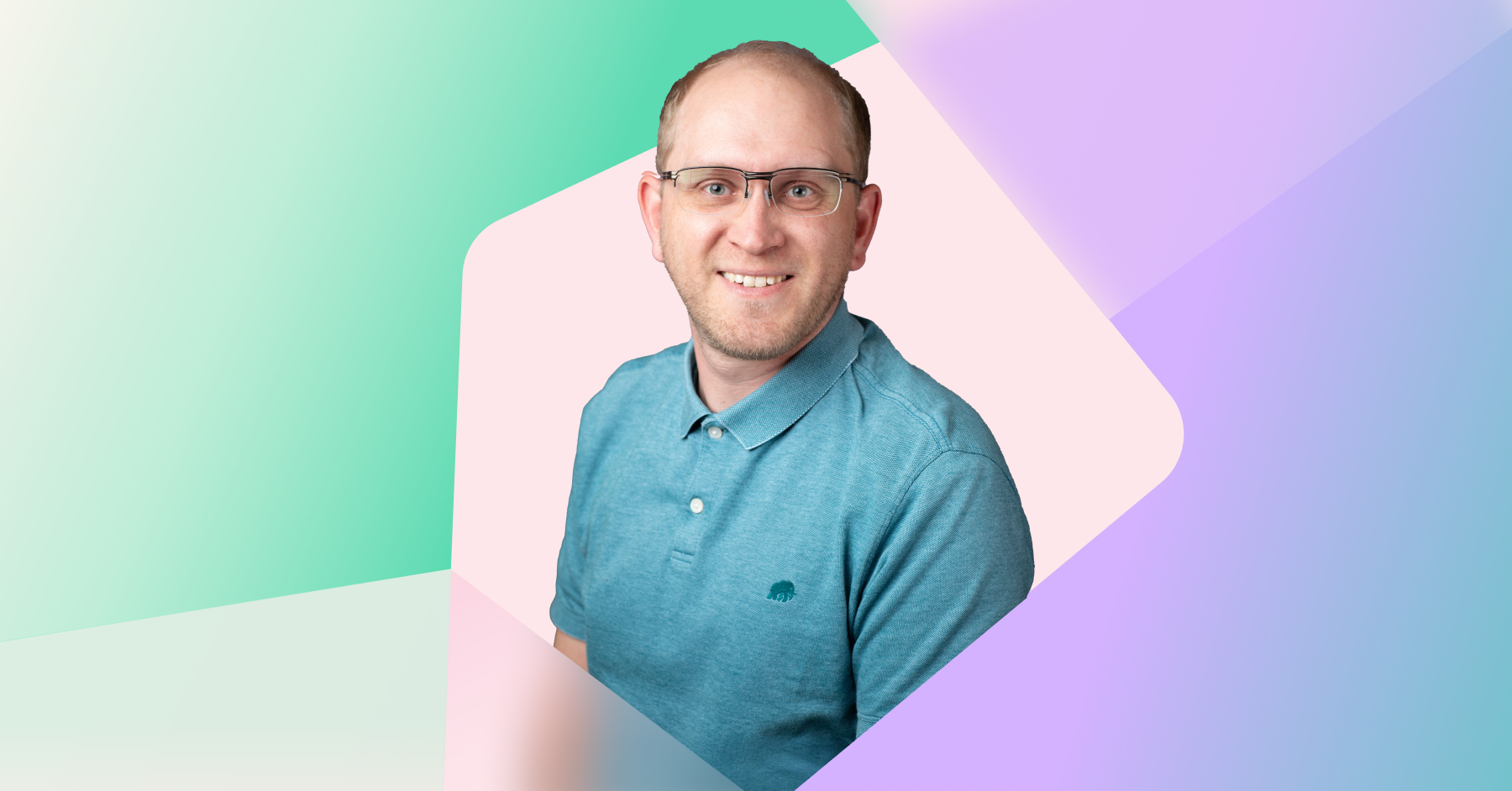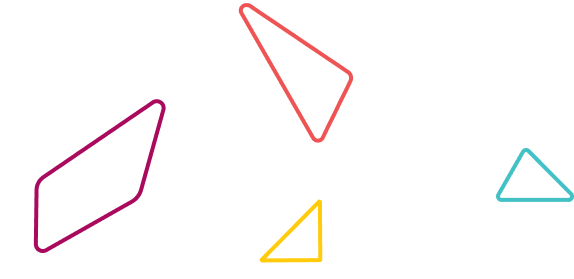
How One Professor Transformed Student Engagement in Chemistry with Aktiv and Top Hat
Professor Aaron Goodpaster replaced frustrating software with intuitive, mobile-ready tools to engage his students and ensure they could focus on learning chemistry.






